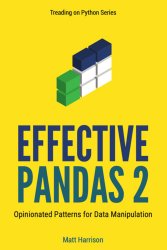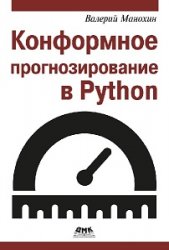 Название: Essentials of Economics, 12th Edition
Название: Essentials of Economics, 12th EditionАвтор: Bradley R. Schiller, Karen Gebhardt
Издательство: McGraw Hill
Год: 2023
Страниц: 384
Язык: английский
Формат: epub (true)
Размер: 17.4 MB
Written specifically for the one semester survey of economics course, Schiller’s Essentials of Economics is known for seeking the best possible answers to the basic questions of WHAT, HOW, and FOR WHOM to produce. Schiller is dedicated to introducing core economic principles in a real-world context by focusing on trending policies and front-page developments. As in earlier editions, the twelfth edition strives to engage students by illustrating economics with examples of applied economy theory found in real-world institutions, policy debates, and global developments.
Essentials of Economics is thoroughly integrated with the adaptive digital tools available in McGraw Hill’s Connect, proven to increase student engagement and success in the course. Coauthor Karen Gebhardt has closely aligned digital resources to the text benefiting both students and instructors. Essentials of Economics features the latest suite of Connect resources including SmartBook 2.0.
Essentials of Economics lives up to its name by making the difficult choices. The standard table of contents has been pruned to the core. The surviving topics are the essence of economic concepts. In microeconomics, for example, the focus is on the polar models of perfect competition and monopoly. These models are represented as the endpoints of a spectrum of market structures. Intermediate market structures—oligopoly, monopolistic competition, and the like—are noted but not analyzed. The goal here is simply to convey the sense that market structure is an important determinant of market outcomes. The contrast between the extremes of monopoly and perfect competition is sufficient to convey this essential message. The omission of other market structures from the outline also leaves more space for explaining and illustrating how market structure affects market behavior.
The same commitment to essentials is evident in the section on macroeconomics. Rather than attempt to cover all the salient macro models, the focus here is on a straightforward presentation of the aggregate supply–demand framework. The classical, Keynesian, and monetarist perspectives on aggregate demand (AD) and aggregate supply (AS) are discussed within that common, consistent framework. There is no discussion of neo-Keynesianism, rational expectations, public choice, or Marxist models. The level of abstraction required for such models is neither necessary nor appropriate in an introductory survey course. Texts that include such models tend to raise more questions than survey instructors can hope to answer. In Essentials students are exposed to only the ideas needed for a basic understanding of how macro economies function.
Скачать Essentials of Economics, 12th Edition
[related-news] [/related-news]
Комментарии 0
Комментариев пока нет. Стань первым!















